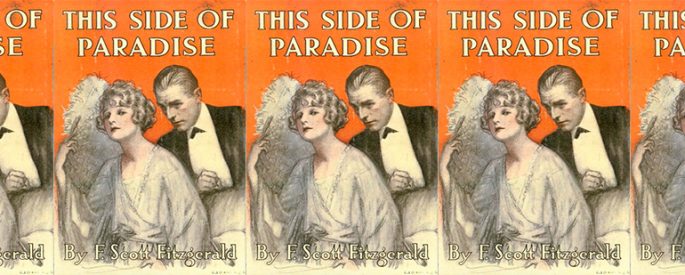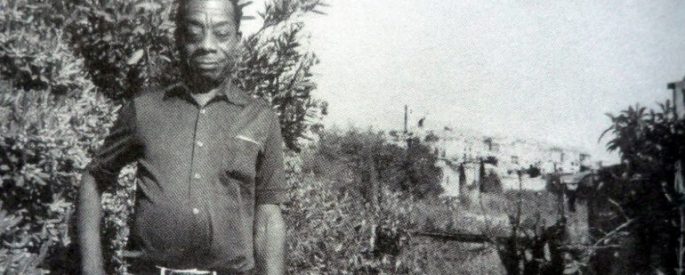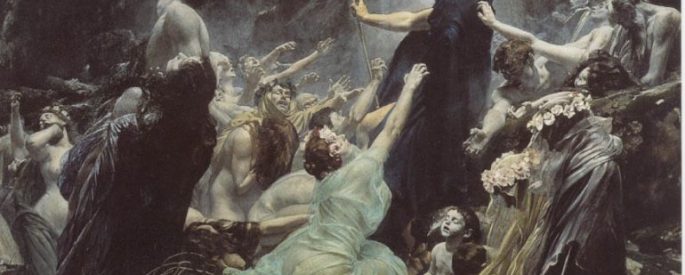F. Scott Fitzgerald Archive
One Hundred Years Later: The Dark Predictions in This Side of Paradise Have All Come True

A century after its publication, the omens of disillusion and discontent, of economic unease, of rebellious divisions within F. Scott Fitzgerald’s novel—they all seem more urgent and more dangerous with every re-reading.
The Two Versions of Tender Is the Night

Duality is a constant theme of F. Scott Fitzgerald’s final novel, and fracture along the resulting fault lines is its constant threat. Fitzgerald mirrored these fractures in a brilliant nonlinear structure, though whether he fully appreciated his own craft is unclear, given that he eventually decided to sabotage it.
“A Selfie as Big as the Ritz” and “The Diamond as Big as the Ritz”

By comparing a selfie to a hotel that stands tall and decadent in the cultural imagination, Lara Williams draws connections between the subtle themes of mapping, ownership, and value present in both her story and F. Scott Fitzgerald’s of a similar name—“The Diamond as Big as the Ritz.”
The Enduring Allure of Literary Provence

Provence is one of these regions, like Bordeaux and the Atlantic seaboard, that have always had a strong connection to Anglophone cultures, starting in the seventeenth century when the court of the House of Stuart went into exile in Avignon.
Weekly Round-Up: NEA Cuts, Man Booker Prize, and F. Scott Fitzgerald

From NEA budget cuts to a new F. Scott Fitzgerald story, here's the latest literary news.
The End

My Twitter timeline is big on one meme these days: me then, me now. Sometimes it’s “me in 2006, me in 2016,” but mostly it’s “me at the beginning of 2016, me at the end.”
Literary Meals & Cocktails for the Summer

Maybe it’s because I’m always hungry, but meals have always been some of the most memorable scenes in books. I drink tea from a porcelain tea cup while reading Oscar Wilde, and crave fried okra or salt pork between readings of Faulkner and Harper Lee.
On Context & Omission: Alain de Botton, F. Scott Fitzgerald, John McPhee, and Claudia Rankine

Craft talks regarding omission lean heavily on Hemingway’s Iceberg Theory, what John McPhee recently called, “or, how to fashion critical theory from one of the world’s most venerable clichés.” Aside from the obvious trimming of superfluous language or gratuitous scenes, it could be argued that omission, in one extreme,
Between Optimism and Pessimism: How to Set Our Baby Monitors?

Pessimism is not particularly hard. I thought of this last month when I spent an hour in my brother’s kitchen near the baby monitor through which I could hear my poor twenty-two-month-old niece hacking up phlegm. After an hour I began to mistake this noise for the wind, or
Literary Blueprints: The Byronic Hero
Follow this new blog series in 2015, where we’ll delve into the background of character archetypes–the Mad Woman, the Detective, and the Wise Fool, to name a few. In this first installment, we take a look at the Byronic Hero. Origin Story: In literature, the Byronic Hero’s first embodiment is
- 1
- 2